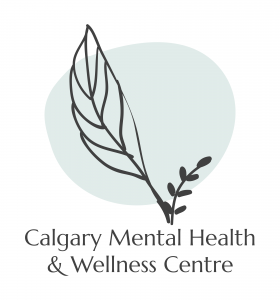In today’s go-go-go culture, we often treat rest like a reward for finishing our to-do list—something we “earn” only after checking off enough tasks. But here’s the thing: that list is never really done. So we keep pushing, promising ourselves we’ll rest “later,” and wonder why we feel so drained even after a weekend off.
What if we’ve misunderstood what rest really is?
Let’s take a closer look at how to recharge in ways that actually restore your energy—and redefine rest as something more nourishing than just “not working.”
💡 What Isn’t Rest?
We often confuse distraction with rest. Bingeing a show while doomscrolling, crashing into bed after a chaotic day, or spending a weekend frantically running errands might feel like a break—but often leave us just as tired.
Real rest isn’t just the absence of work. It’s intentional. It’s nurturing. It gives something back to you instead of draining more away.
🔋 The 7 Types of Rest (Yes, There Are That Many!)
Dr. Saundra Dalton-Smith identifies 7 types of rest we all need. Understanding them helps you recharge more effectively:
Physical Rest – Sleep, naps, and gentle movement like stretching or yoga. Not just crashing, but restoring the body.
Mental Rest – Taking breaks from constant thinking or decision-making. Try brain dumps, meditative practices, or time away from screens.
Sensory Rest – Disconnecting from noise, screens, crowds, and bright lights. Quiet time in nature or even closing your eyes for a few minutes can help.
Creative Rest – Recharging the part of your brain that solves problems and generates ideas. Think awe, beauty, nature, music, or art.
Emotional Rest – Being authentic without needing to “perform.” Time with people you can be real with—or even a good cry—can be emotionally cleansing.
Social Rest – Spending time with people who fill you up (and taking space from those who drain you).
Spiritual Rest – Feeling connected to something larger than yourself—through meditation, nature, community, or meaning-making.
🧠 Rethinking Productivity Culture
We live in a society that glorifies busyness. But busyness isn’t the same as value, and burnout isn’t a badge of honor.
Here’s the truth: You don’t have to “earn” rest. You are allowed to pause simply because you’re human. Not everything needs to be productive to be worthwhile. Play, stillness, joy, and simply “being” are all valid—and essential—parts of life.
🌱 How to Build Intentional Rest Into Your Life
Rest doesn’t always require hours or a perfect setting. Try these small shifts:
Set “tech-free” zones or times in your day.
Schedule non-negotiable rest time the way you would a meeting.
Practice saying “no” without over-explaining.
Ask yourself daily: “What kind of rest do I actually need right now?”
Create rituals that signal rest (e.g., tea in silence, a specific playlist, a walk after work).
💬 Final Thought
Rest is not lazy. It’s not selfish. It’s wise.
By learning what rest actually is—and claiming it with intention—you give yourself the fuel to show up more fully in your work, relationships, and life. Not because you’re chasing productivity, but because you deserve to live from a place of fullness, not exhaustion.







